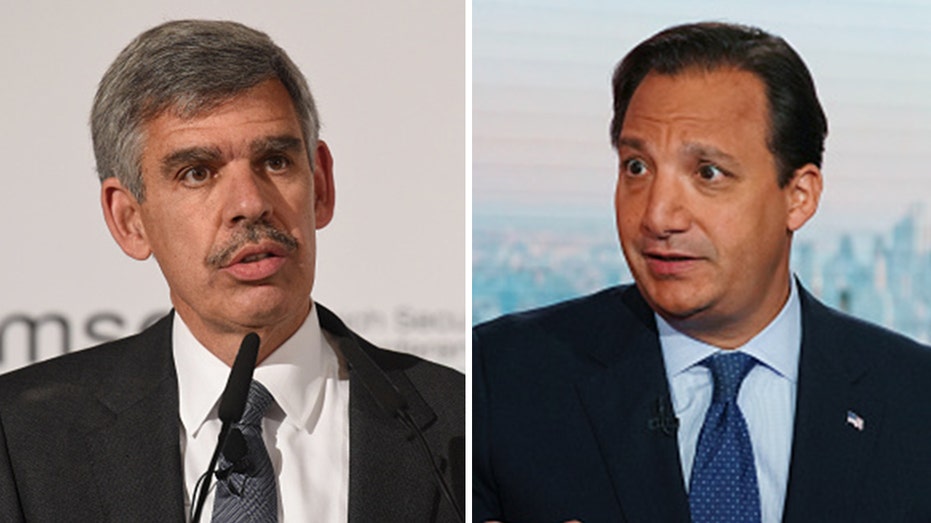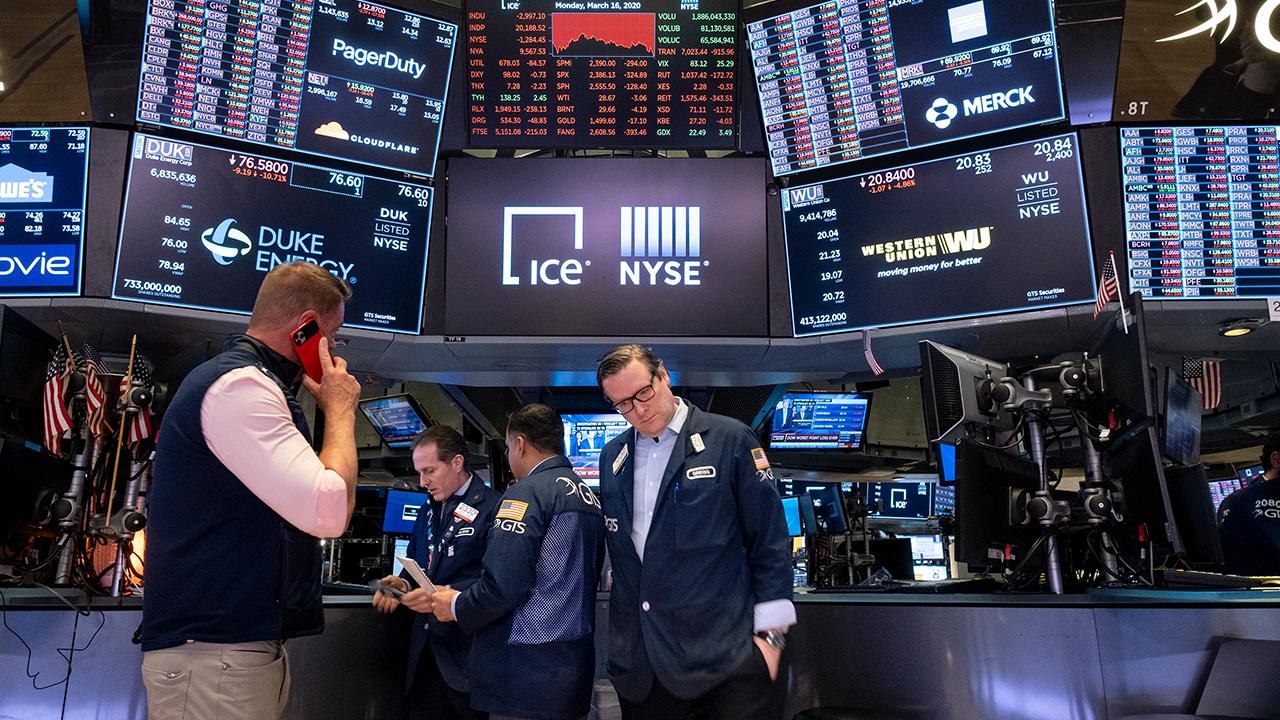US must be laser-focused on preventing 2008 repeat: El-Erian
'We have to minimize the damage'
The White House is seeking an $850 billion stimulus package to help the areas of the U.S. economy hit hardest by the new coronavirus outbreak.
The stimulus, which is still being ironed out, could be shaped through a combination of tax cuts and spending.
It would “help protect the most vulnerable segments of society and the most strategically important sectors,” Mohamed El-Erian, chief economic adviser at Allianz Global Investors, told FOX Business’ Maria Bartiromo. “And that's really important. We have to minimize the damage.”
CORONAVIRUS BONDS COULD HELP MILLIONS OF AMERICANS, SMALL BUSINESSES
While the package will “help people navigate financially through this massive shock,” it will not “reactivate economic activity,” which won’t happen until there are health advances to combat the virus.
The COVID-19 outbreak has infected 185,067 people worldwide and killed 7,330, according to the latest figures from Johns Hopkins University & Medicine. The virus has paralyzed the global economy as supply chains have been shut down, air travel has been drastically reduced and restaurants and bars have been shuttered.
“This is something that would actually provide liquidity and, for lack of a better term, a bridge loan to the industries that are really at ground zero of this virus,” Jason Trennert, CEO of Strategas Securities, told Bartiromo.

He says that such a package would be “TARP-like,” referring to the Troubled Asset Relief Program, or $700 billion bailout of financial institutions during the 2008 global financial crisis.
While El-Erian believes the time will eventually come for stimulus policies, he believes policymakers should be laser-focused on preventing failures in markets such as commercial paper, which helps corporations to meet short-term obligations.
“If we're not careful, a crisis that, unlike 2008, did not start in the banking system, did not start in the payments and settlement system, will end up there,” he said. “And we need to make sure that we address these markets' stress in a very focused manner before they become a problem.”
Trennert agreed, adding that right now “this is more of a liquidity issue than a solvency issue,” though he stressed that if not handled properly, it could become one for many companies.
He says the Fed needs to work with the Treasury Department to shore up the commercial paper market and bring back strategies barred under the post-crisis Dodd-Frank Act that would shore up confidence in savings accounts and money market accounts.
CLICK HERE TO READ MORE ON FOX BUSINESS
“If we're lucky, this will be a short and sharp recession,” Trennert said.




















